
Our Communities. Our Teams. Our Future.
We’re proud to make high school sports coverage free for everyone—because these moments matter. At Maine State Credit Union, we’re here for the people and places that make Maine strong. Let’s Go! Learn more at mainestatecu.org.
The Freeport golf team won the Class B championship by 12 shots in 2020, but elated coach Jason Ouellette still had a nagging thought.
“I worried about someone calling out and saying ‘Well, this kid was doing this,’ or ‘This kid wasn’t keeping the right score,'” he said. “I wouldn’t want to win a state championship that way. I don’t think any coaches would.”

That hypothetical highlighted what Ouellette wants to see at state championships: More officials on the course to help with rules, scoring questions and decisions, and less of a responsibility on the players to make those decisions.
“There’s a lot on the line, and I feel like with that much at stake, the more eyeballs that we have out there, the better off we’ll be,” he said. “I think some of (the players) just don’t know the rules as well, so they might misplay a drop that they should have played farther back.
“I just started wondering, this seems odd for a state championship. … (It’s like) for a state basketball championship, saying, ‘We’re not going to play with officials. Just call your fouls.’ It’s almost the same idea.”
The Class B golf championships are Friday at Natanis Golf Course in Vassalboro. Classes A and C will crown their champions on Saturday, also at Natanis.
The Maine Principals’ Association, which runs the tournaments with scoring and officiating help from Maine Golf, takes measures to ensure play is regulated appropriately. Coaches are required and players encouraged to watch a video on rules, MPA director Mike Burnham said. There will be six officials at Natanis, which has two 18-hole courses, Tomahawk and Arrowhead.
Some states have even fewer officials at championship events. Massachusetts, for example, only mandates at least one rules official on site for each postseason tournament, Massachusetts Interscholastic Athletic Association assistant director Phil Napolitano said.
The MPA plans to have a stationary official at each course where most rules questions occur, and four PGA-certified officials roaming around the 36 holes who can assist players with any issues. Dick Browne, the head pro at Natanis, is also available to address questions by phone.
Players are encouraged to play two balls if they’re unsure about what the proper ruling would be, allowing them to sort out the issue once they get to an official or scorer.
“I really think we’ve got things pretty well covered,” MPA tournament director Gerry Durgin said. “(Asking for more people) has never come to me or to the MPA at the end of the season.”
Morse coach Chris Whitney said in a text message that he’s satisfied with the current setup.
“You can’t complain that Maine Golf doesn’t have enough officials for rulings when you have 36 holes to cover and over 200 kids (playing),” he wrote.
Still, some coaches say they want to see more people — officials, coaches or other qualified people — to ensure a player is close enough to someone who can answer questions or concerns.
“At our SMAA coaches meetings after the state tournament, every year it comes up,” Thornton Academy coach Jeff Camire said. “There’s a level of frustration with the coaches because we can’t be everywhere. … We’re asking these kids to know all the rules and to try to make these decisions, when most of the time it’s impossible to know all the rules, even at the highest levels.”
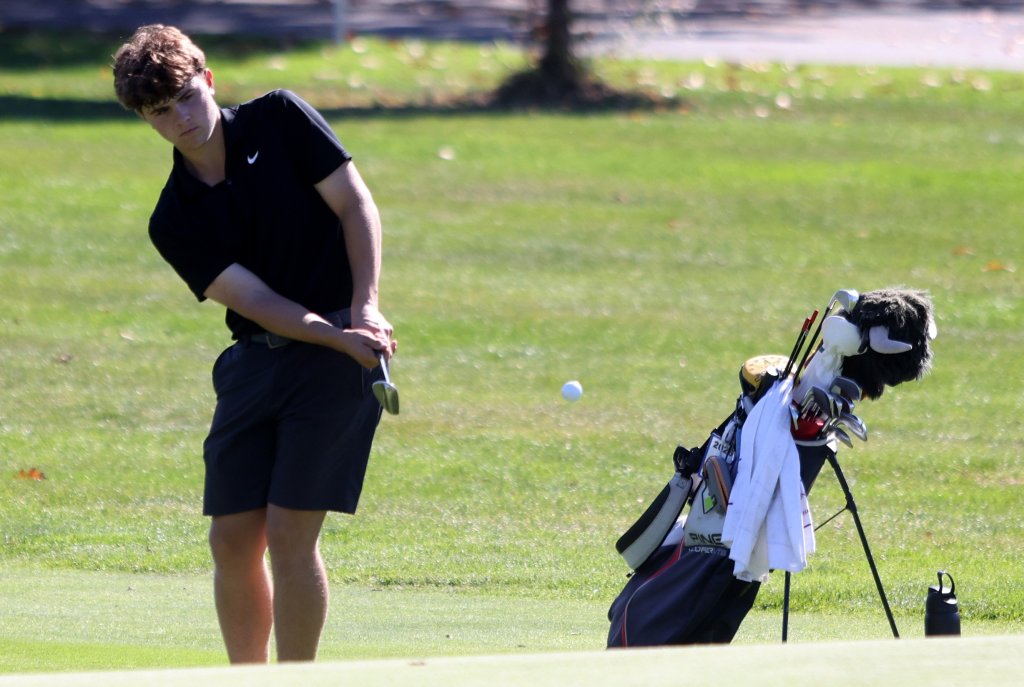
Gardiner senior Jack Quinn, the defending Class B individual champion who shot a 69 in the KVAC qualifier on Tuesday, said there was a moment in his round when a player was confused about whether a ball was in bounds or out.
“Obviously, it would be nice to have a couple more officials out there,” he said. “I think a lot of players kind of throw themselves in a loop when they (think), ‘Oh, I have to play two balls, what do I do here?’ If we had a couple more officials out there, it definitely would be easier.”
With players often several holes away from an official, Ouellette said, they could feel pressured to make a hasty call on a matter such as relief, or if a ball can be moved from ground under repair, rather than holding up play to wait for help. They could also shy away from approaching a competitor about a call.
“If you have a case where there’s discrepancy between two kids, and one kid is really overbearing and (saying), ‘No, that’s not right,’ or, ‘That’s not true,’ and you’ve got a kid who’s not going to want to argue, he’s just going to kind of give in,” he said.
POTENTIAL SOLUTIONS
The issue is finding enough people to put on each hole and making sure they’re qualified to give accurate information. Cheverus coach Billy Goodman said he’s in favor of there being more help on the course, but acknowledged that hurdle.
“I don’t know how they could do it. (Maybe) get some local pros to come up that day, but that’s not easy,” Goodman, who also is Cheverus’ girls basketball coach, said. “You’re covering 18 holes. In a basketball game, the officials are right there, everyone’s right there. … You would wish there would be more, I just don’t know how they could do that.”
Ouellette said coaches could spread themselves out to cover the groups.
“At the Western Maine (Conference) qualifier for Class B, there were 17 groups,” he said. “We have nine schools in Class B in Western Maine. If each school brings up two people, a head coach and a JV coach, that’s 18 people you can assign, one person to each group. … Right there and then, everything’s kind of taken care of.”
Enlisting coaches, however, would prevent them from being able to check in with all of their players during their rounds.
“As a coach, I want to watch my kids perform, and coach them when I need to,” Leavitt coach Harry Haylock said. “And unfortunately, I’ve been in situations where I hear some coaches giving information to kids before they proceed incorrectly, and even that information is incorrect.”
Brian Bickford, the executive director of Maine Golf and former coach at Greely, said officials on every hole would be “overkill.” He did, though, suggest having more spotters on the course, who help players find balls and could help speed play along.
“A spotter might have a few basics that they can provide for guidance, and/or call a rules official,” he said. “If there is a rules infraction, or something that’s called into question, you just try to make sure that we’re following the rules as best we can.”

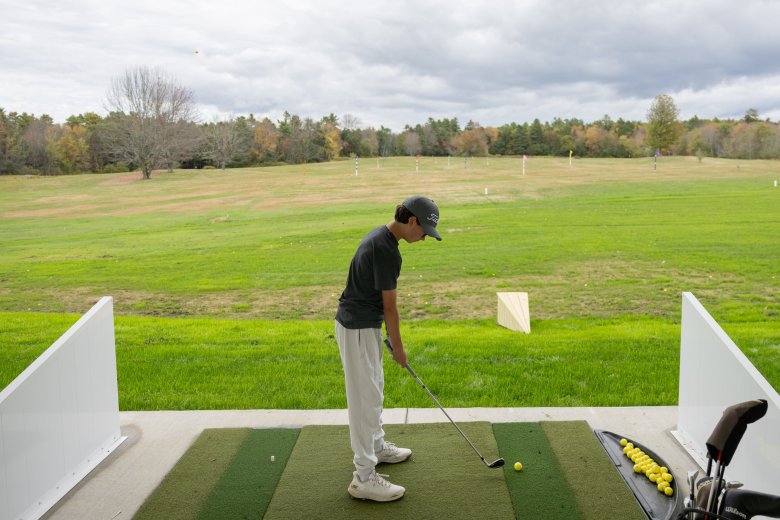
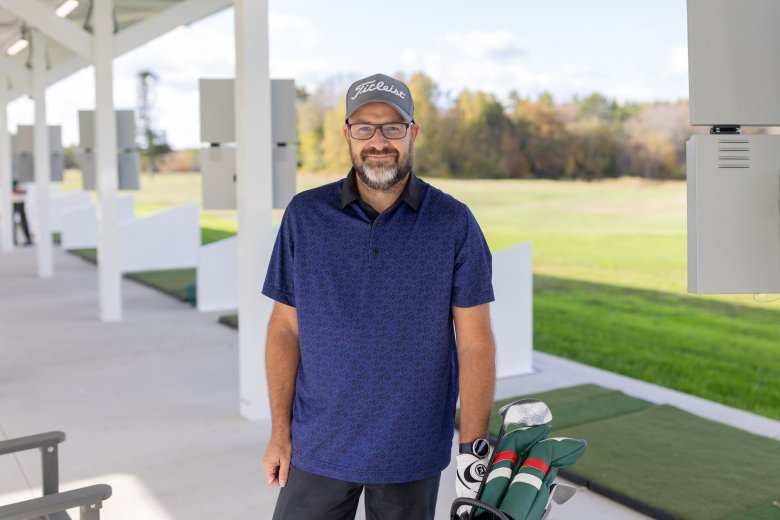
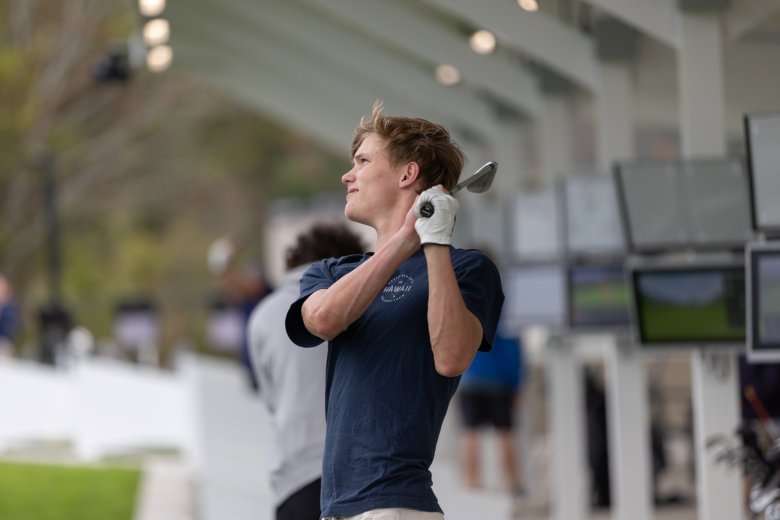
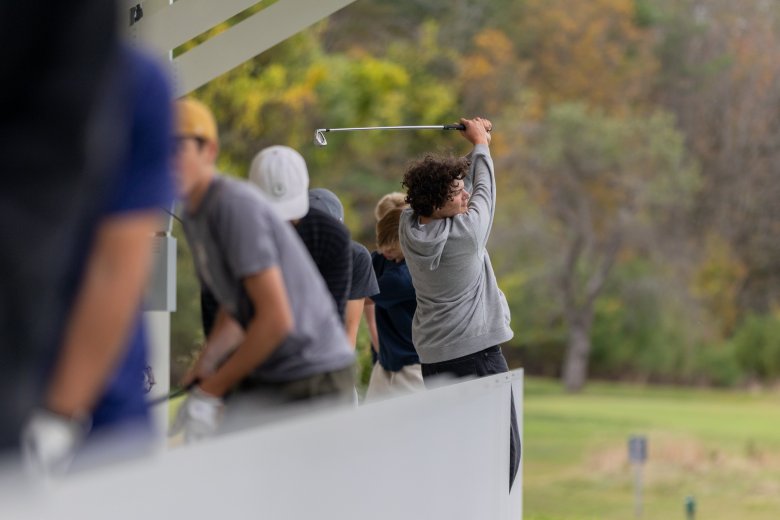
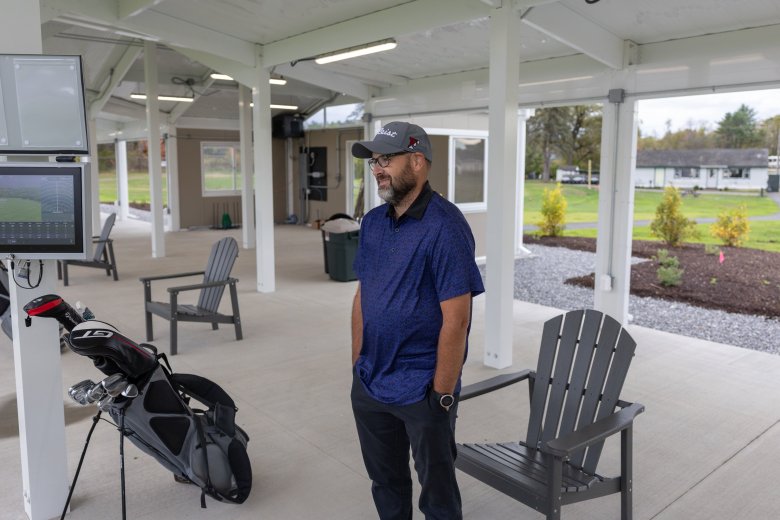
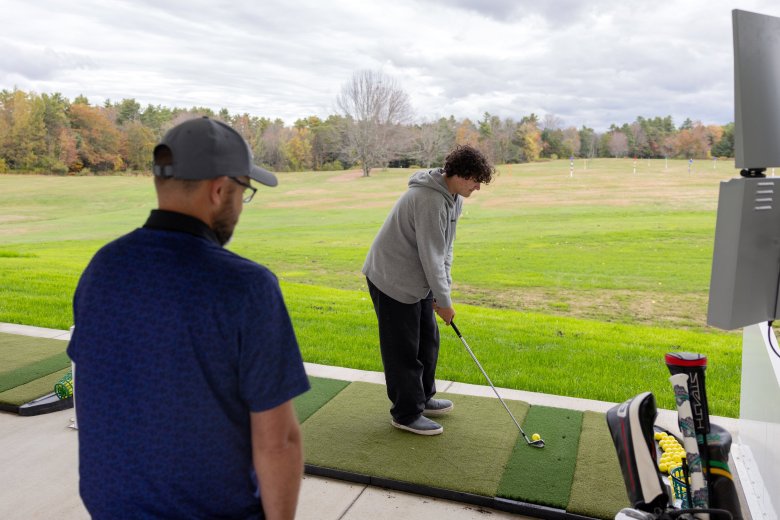
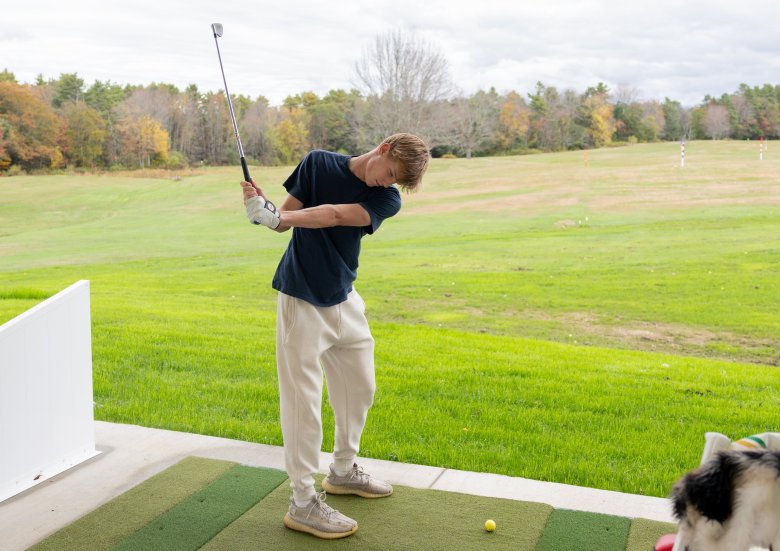
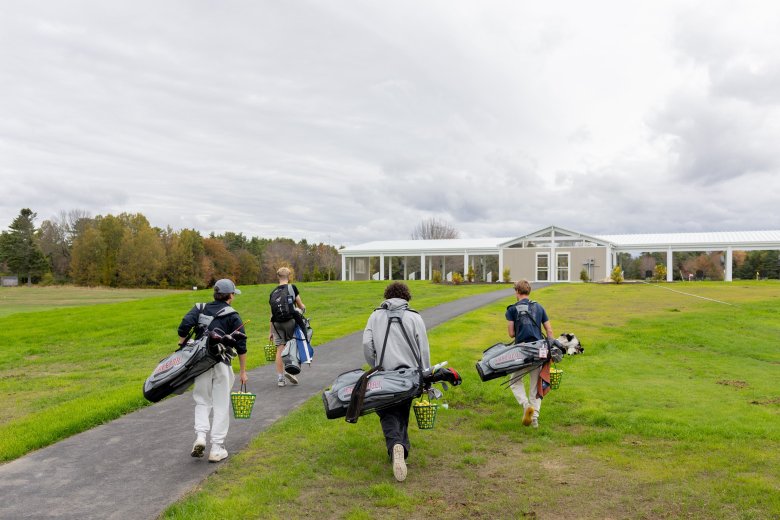
We invite you to add your comments. We encourage a thoughtful exchange of ideas and information on this website. By joining the conversation, you are agreeing to our commenting policy and terms of use. More information is found on our FAQs. You can modify your screen name here.
Comments are managed by our staff during regular business hours Monday through Friday as well as limited hours on Saturday and Sunday. Comments held for moderation outside of those hours may take longer to approve.
Join the Conversation
Please sign into your CentralMaine.com account to participate in conversations below. If you do not have an account, you can register or subscribe. Questions? Please see our FAQs.